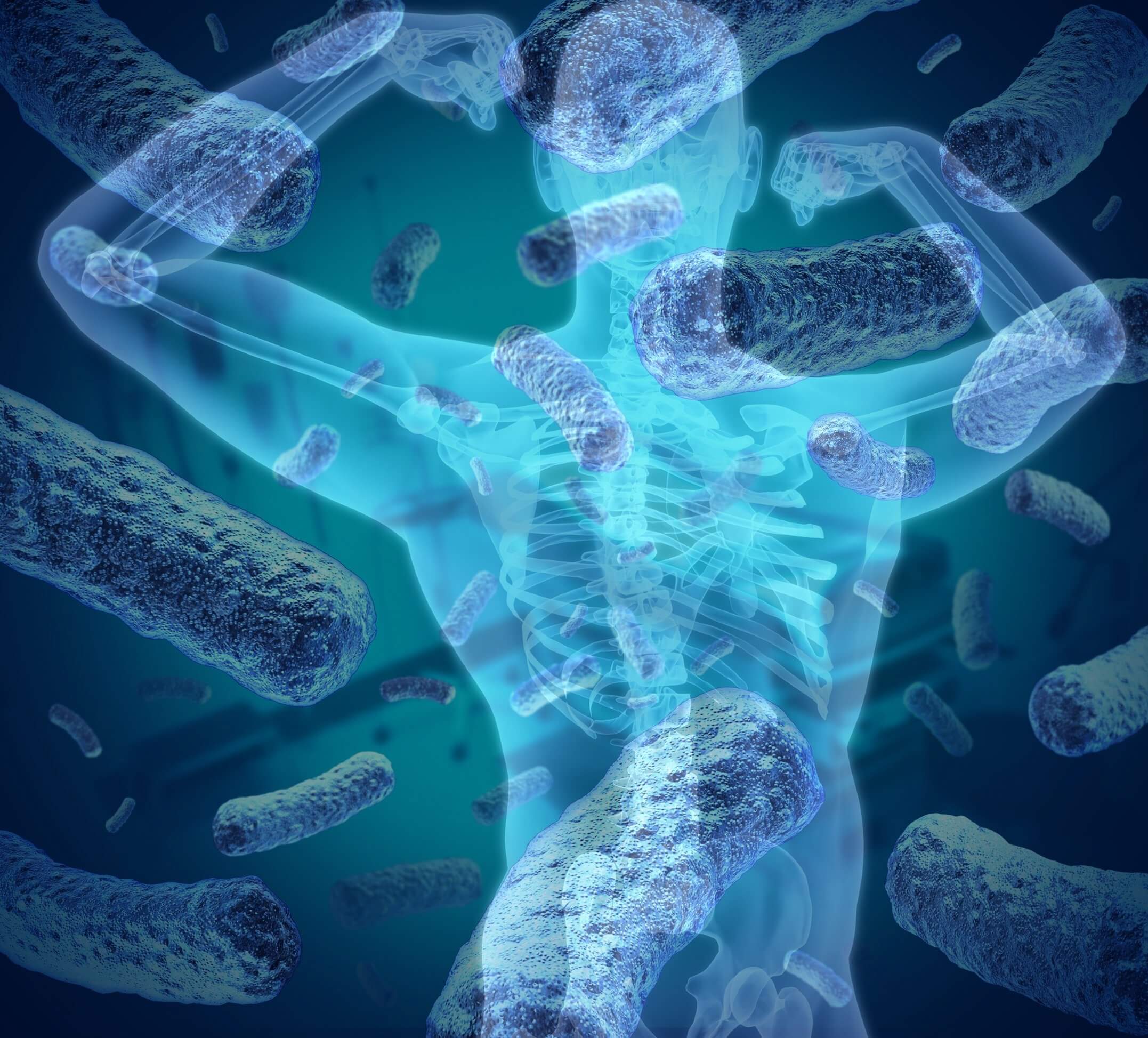The study examined 22 subjects, who were given a probiotic pill containing a bacterium called Bifidobacterium longum.
This small-scale study follows on from other work where alterations to the microbial flora have led to anxious mice becoming ‘bolder’ and shy mice becoming more ‘social.’ These effects are thought to occur because gut bacteria can make the specific chemicals that are similar to the types used by brain cells use to communicate. It has been established that signals between the gut and the brain travel along the vagus nerve.
In relation to this, other studies have found that mice born without bacteria, and held in sterile condition to prevent their guts from becoming populated with bacteria, often behave in strange ways, such as exhibiting antisocial tendencies.
It is unclear whether the same effects are seen with people, although there is some support for such theories.
The problem is with finding the exact combination of microorganisms needed and the added complication that this probably varies between person-to-person.
While the results are interesting, further studies are required. In addition, there is a darker element to consider – could certain combinations of microorganisms be used to make someone more anxious and depressed? A study published in the journal Neurogastroenterology and Motility makes the case for so-called “melancholic microbes.”
In a paper headed “Melancholic microbes: a link between gut microbiota and depression?”, the researchers state:
“THERE IS A DISTINCT PERTURBATION OF THE COMPOSITION OF GUT MICROBIOTA IN ANIMAL MODELS OF DEPRESSION AND CHRONIC STRESS. THIS HAS DIRECT IMPLICATIONS FOR THE DEVELOPMENT OF PSYCHOBIOTIC-BASED THERAPEUTIC STRATEGIES FOR PSYCHIATRIC DISORDERS.”
Further studies are needed to confirm this, but it does make for a disturbing possibility.




No comments:
Post a Comment
Pharmaceutical Microbiology Resources